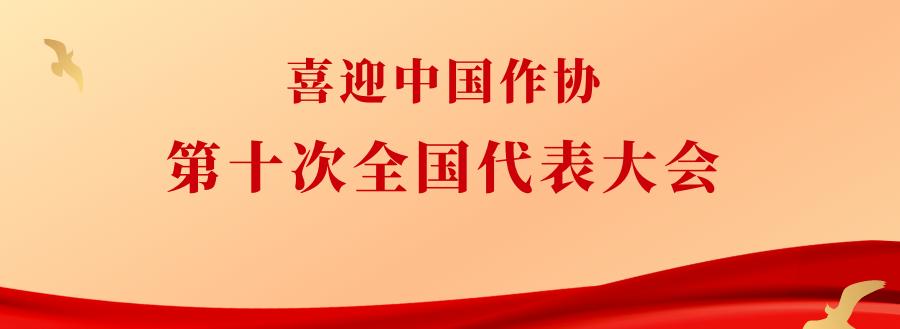
A few days ago, I just came out of the camp in the Hulunbuir grassland.
When the sheep of the nearby herder friend Uncle Tungulga crossed the Mozhigrad River, the ice broke and collapsed, falling into the glacier.
When the ice surface collapses, there is a certain angle of tilt toward the middle of the river, so it is not easy for me to stand on the ice, and the sheep are tightly packed together after being frightened, and they are motionless no matter how they are coaxed, preferring to soak in the ice water rather than step on the smooth ice. Those who have not herded sheep will never know the stubbornness of the sheep, and the most accustomed way for them to protect themselves once frightened is to squeeze into a ball, and then squeeze together like that until the earth is barren. You can't get them out anyway. The only way to do this was to pick up the nearest sheep and throw them directly onto the earthen bank by the river. It was not an easy task, a sheep weighed about fifty or sixty pounds, about three meters from the slope of the riverbank, and had to throw them over with all its might. If the sheep landed on the ice, it would not be able to climb up the riverbank at all, and would simply re-slide down and merge into the crowded flock. You have to start all over again.
After a busy morning, I finally dragged all the sheep ashore without any frostbite.
My own back injury from playing ball has recurred. But for the nomadic people of the steppe, this is really just daily life. The stoic life of nomads has never been a pastoral song of green fields seen by foreign tourists.
Over the years, my works are all based on the Hulunbuir Grassland and Daxing'anling Forest in northern China, and I am trying to understand the regional changes, cultural inheritance, lifestyle and group consciousness of the northern ethnic groups, and my creation is mainly based on the customs and traditions of ethnic minorities such as Mongolians, Evenk, and Orunchun, reconstructing the wilderness culture of ethnic minorities in the north through the form of novels, and seeking the possibility of peaceful coexistence between humans and nature.
I recall my speech when I participated in the discussion of the Ninth National Congress, and I remember that one of the themes I said at that time was to go deep into life, and the other theme was the external output of works.
To sum up, I have been living in the Hulunbuir grassland for the past five years, and I have no status as a herder, but I live like a herder. My biggest personal gain is to be in the grassland, which means that I will have more opportunities to obtain rich materials, and the stories of the pastoral people's oral tradition contain great culture and traditions, which are the source and strength of my creation.
About the output of the work. Over the past five years, my team and the publishing house have consciously communicated more with foreign publishers. At various international book fairs before the epidemic, I also communicated with many translators from all over the world through personal relationships, hoping to establish some platforms for cooperation with foreign publishing houses as soon as possible, so that more foreign readers can see the works of Chinese writers. In the past five years, my works have been translated into more than ten languages and distributed abroad. For foreign publishers, my requirements are simple, my books must be genuinely sold on the shelves of foreign bookstores, and I must be able to get royalties. I hope that through my own works, foreign readers can see the boundless grasslands of Hulunbuir and the vast forests of Daxing'anling, so that they can understand the beautiful China.
As a writer of nature literature, my work is more appealing to children, and I am also a children's literature writer by course.
I have always believed that a writer's work can affect his readers even more than the shaping of an individual's growing environment. I want children to know that the true meaning and power of reading can free them from the original environment in which they once lived.
I've been to a lot of distant places in the past five years. I have told countless children about my growth, and I want to see the possibilities that reading brings through everything I do personally, because I am a real beneficiary of reading. I will always remember those evenings, after I finished my lectures and after dinner at a small restaurant in the town, I could always come out and see children with my books in their hands, standing in the doorway waiting for me. There were tears in their eyes at the moment they saw me, and they were my readers. My books came to these places so far away before I did. For the first time in so many years of creating, I revisited my identity.
As a writer, my presence makes sense.
I am willing to provide more excellent natural literature works for children's reading in the new era of China.